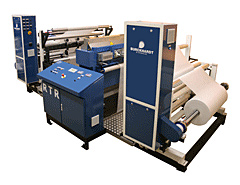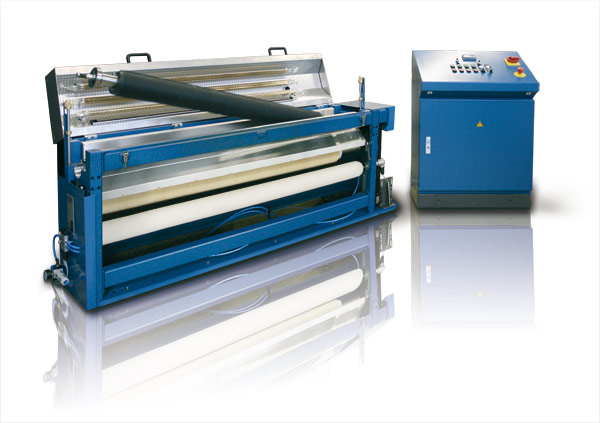Looking for reliable perforating machines in South Africa? Burckhardt offers advanced perforation solutions tailored to meet the needs of various industries. Our perforating machines are designed for precision and efficiency, ideal for applications in packaging, textiles, automotive, and more. With decades of experience and a strong global presence, Burckhardt is committed to delivering customised perforating solutions that enhance productivity and ensure superior performance.
Explore our range of perforating machines in South Africa and discover how our expertise can help drive your business forward. Contact us today for more information!
Burckhardt perforating machines deliver
We deliver perforating machines to South Africa.
Burckhardt perforation tools – Due to our years of experience we have gained from producing the perforating tools and machines, we can provide you with various services such as:



As of 2023, South Africa remains the second-largest economy on the African continent, contributing approximately 24% of Africa’s gross domestic product (GDP). The World Bank continues to classify South Africa as an upper-middle-income country, reflecting its relatively advanced economic status. South Africa’s economic freedom score in 2023 stands at 56.7, ranking 116th globally, reflecting recent declines in economic freedom. Despite its vast natural resources and growing domestic market, challenges such as declining commodity prices and labour unrest have hampered economic growth.
South Africa’s Competitive Sectors
South Africa retains its competitive advantage in industries such as mining, agriculture, and manufacturing. Throughout the 20th century, the country transitioned from a primarily resource-driven economy to a more open and diversified market. Today, key sectors include transportation, tourism, real estate, financial services, energy, telecommunications, textiles, food processing, vehicle assembly, fisheries, and retail trade. This diversified economy helps to maintain stability amid external and internal pressures.
The Role of Natural Resources in South Africa’s Economy
South Africa’s vast natural resources remain crucial to its economic success, with mining serving as a central pillar. Since the large-scale discovery of minerals in 1867, the country has been a global leader in mineral processing and mining operations, particularly in the production of gold, diamonds, and other precious metals.
Agriculture and Manufacturing in South Africa
The agriculture sector in South Africa accounts for around 10% of employment, although it faces stiff competition from foreign imports. Meanwhile, the manufacturing industry continues to play a moderate role, contributing approximately 12% to the country’s GDP in 2023, an increase driven by growth in automotive production and food processing.
Financial Infrastructure and International Trade
South Africa boasts a robust financial infrastructure, anchored by the JSE Securities Exchange, one of the largest stock exchanges globally. The banking sector is dominated by four key local banks, providing a stable platform for financial activities both locally and internationally.
South Africa’s main international trading partners include China, the United States, Germany, the United Kingdom, Japan, and Spain. The country’s key exports, such as wool, sugar, minerals, metals, gold, diamonds, fruits, and corn, remain vital to its international trade relationships.
Conclusion: A Resilient and Diversified Economy
As of 2023, South Africa continues to be a leading economic force in Africa, backed by a diversified industrial base and abundant natural resources. Despite ongoing challenges such as fluctuating commodity prices and labour disputes, the country’s position in global mining, agriculture, and manufacturing remains strong. Its well-developed financial markets and active international trade ensure that South Africa continues to play a critical role in both African and global economies.
